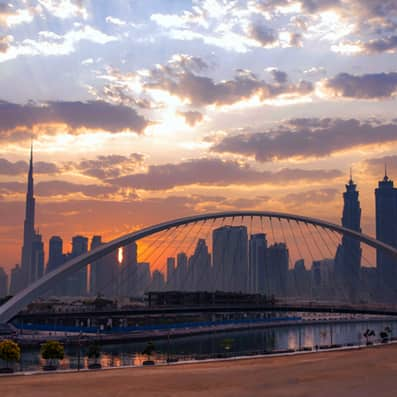Investment landscape
Why FDI continues to grow in Dubai
Mon, October 12, 2020
Dubai is the regional hub for foreign direct investment thanks to its pro-business outlook, expertise in wealth management and solid financial infrastructure, laws and regulation.
Dubai is the regional hub for foreign direct investment thanks to its pro-business outlook, expertise in wealth management and solid financial infrastructure, laws and regulation.


